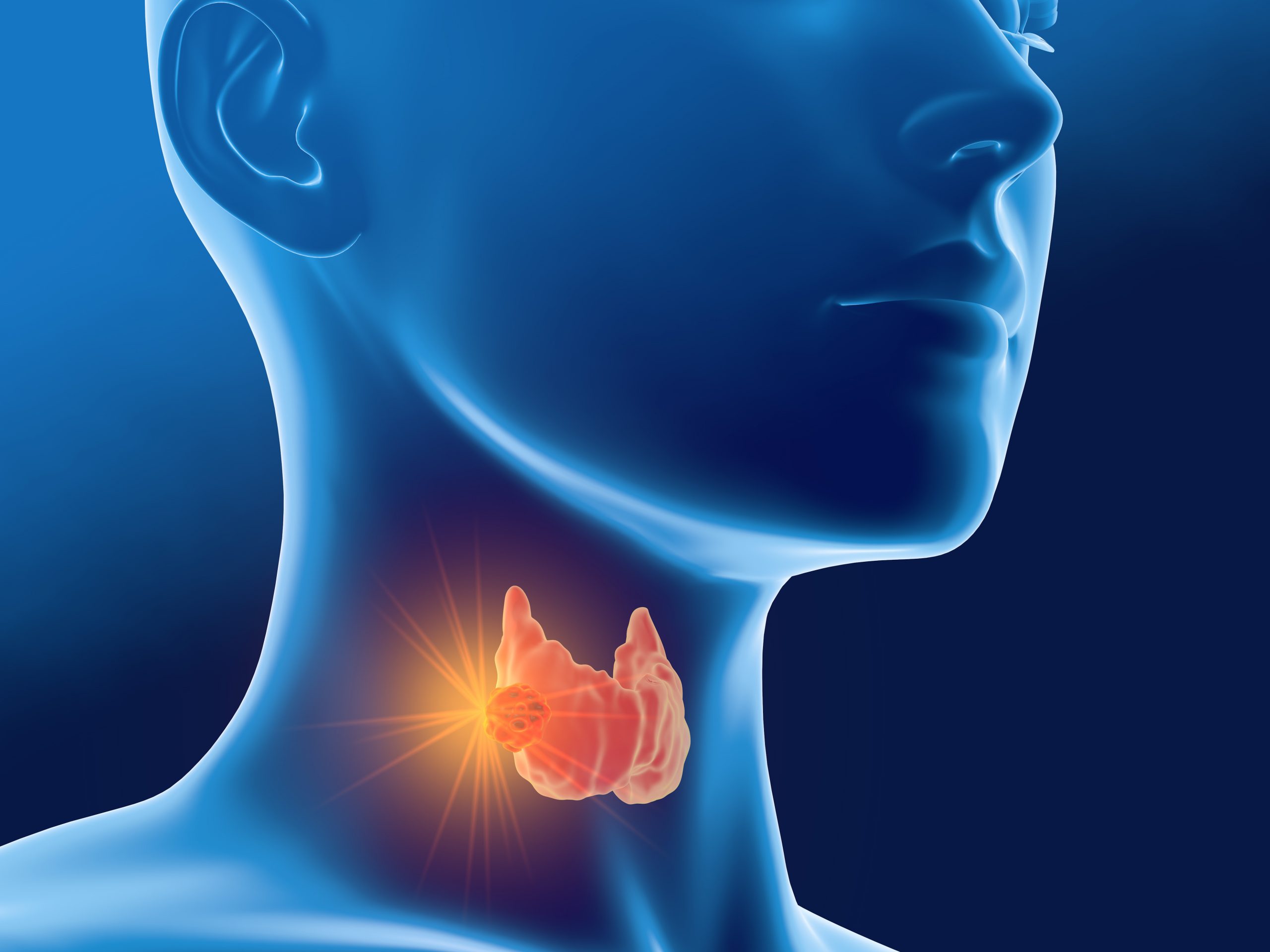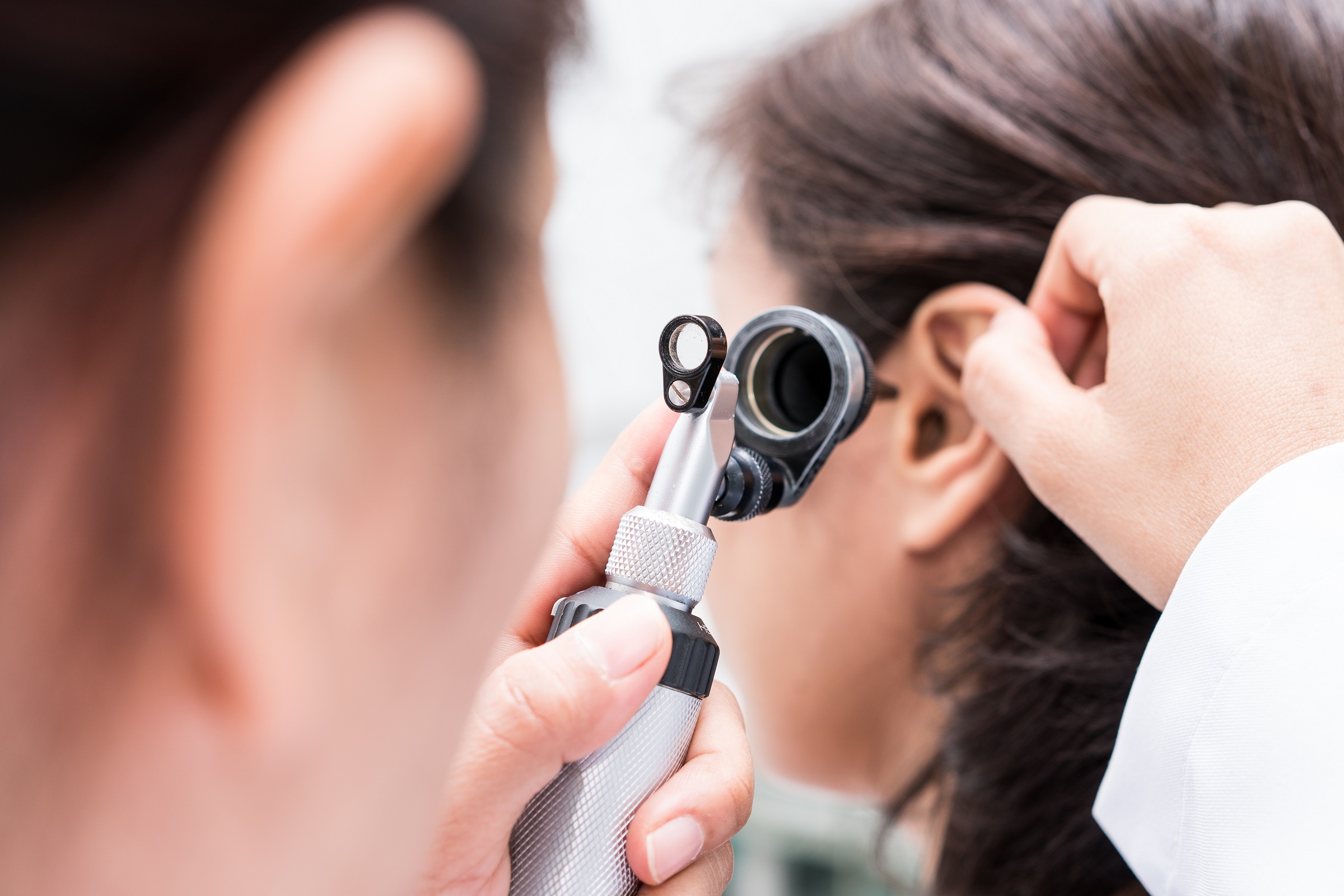Internist Dr. Mustafa Ayaz at VM Medical Park Ankara Hospital made statements about thyroid diseases.
Noting that thyroid diseases are more common in women and may cause various health problems, Internist Dr. Mustafa Ayaz said, “Thyroid diseases cause many cardiovascular and digestive system complaints, including nonspecific complaints such as weakness and fatigue. It can cause skin, nail, hair problems, weight problems, deterioration in sexual functions, developmental delay, cognitive and psychological disorders.”
Stating that in addition to periodic follow-ups in patients with risk factors or receiving treatment, our patients with the complaints we will mention should also be evaluated in terms of possible thyroid diseases. Internist Ayaz emphasized that the complaints, some of which are more vital and can negatively affect the quality of life, should not be neglected. Internist Ayaz recorded that hypothyroidism (thyroid hormone deficiency), hyperthyroidism (thyroid hormone excess) and nodular diseases may present with different complaints.
Attention!
Internist Dr. Mustafa Ayaz listed the symptoms of hypothyroidism as follows:
-“Weakness, fatigue, cold intolerance, decrease in exercise capacity,
-Slow heart rate, low systolic blood pressure or high diastolic blood pressure,
– Abnormal weight gain
-Dry skin,
-Edema,
-Hair breakage and shedding,
-Muscle, joint pain,
-Constipation,
-Menstrual irregularities, infertility, delayed puberty,
-Depression, difficulty concentrating”
Internist Dr. Mustafa Ayaz listed the symptoms of hyperthyroidism as follows:
-“Weakness, fatigue, intolerance to heat, decrease in exercise capacity,
– Palpitations, tremors in the hands, high blood pressure, frequent breathing,
Weight loss despite normal or increased appetite
– Sweating of the skin, redness, itching, thinning of the hair, separation of the nails from the nail bed, outward appearance of the eyes,
– Diarrhea, nausea, vomiting,
-Menstrual irregularities, infertility, delayed puberty,
-Agitation, depression, anxiety, difficulty concentrating, sleep disorders”
Referring to the symptoms of enlarged goiter or nodules, Internist Dr. Mustafa Ayaz shared the following information:
-“Difficulty swallowing, feeling stuck in the throat, hoarseness,
– Shortness of breath, persistent cough,
-Cosmetic problems”
It can be seen at any age
Expressing that thyroid diseases can affect many organs and systems, they may present with many different complaints, Dr. Ayaz said, “Patients who suffer from one or more of the complaints we have mentioned should be evaluated in terms of thyroid diseases, regardless of age group. In the most general terms, under- or over-working of the thyroid gland can cause organ failure, as it disrupts the functioning of organs and systems. Nodules, on the other hand, are important because they carry a risk of malignancy, that is, cancer, albeit at a low rate. In both cases, with early diagnosis and early treatment, the patient will be able to continue his life undamaged, but if it is delayed, he may face much more severe consequences.”
Diagnosis process
Stating that the function of the thyroid gland is sufficient, it can be easily determined with one or more tests from the blood. Dr. Ayaz said, “Nodules can be easily detected by ultrasonographic methods, and this procedure is both easy and harmless for the patient. Nodules that have some characteristics that may suggest that they are malignant in ultrasound evaluations, if their size is also suitable for biopsy, should be evaluated by taking a biopsy. The biopsy procedure is simple and patients can return to their daily work after about half an hour after the procedure.”
Treatment methods
Talking about the treatment process, Dr. Ayaz concluded, “When the diagnosis is clarified, if the thyroid hormone is insufficient, replacement therapy is performed. Each morning, at the start of the day, treatment with a tablet taken with an empty stomach will be sufficient. With intermittent follow-ups, it is evaluated whether a dose change is required. The follow-up interval can be extended for patients who do not have fluctuations in their examinations. If the thyroid hormone is excessive, the underlying cause should be clarified first, then whichever is more appropriate for the patient; Oral medications, surgical procedures or radioactive iodine treatment, known as atomic treatment among the people, can be performed. Unsuspecting nodules are followed by ultrasound imaging and the patient is informed about performing a biopsy when necessary. If the biopsy report contains statements suggesting that it may be of bad character, it is essential to obtain a general surgical opinion for the operation. All three tables have effective treatments in today’s conditions and each of them can be applied according to the need.”



